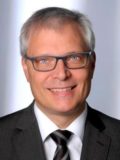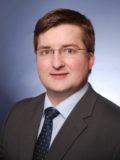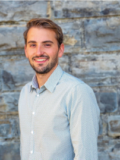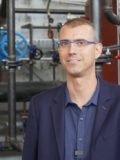Partners
The consortium
The consortium covers the technical work through extensive contributions from partners and Principal Investigators (PI’s) with a strong back-ground in biomass gasification and biofuel syntheses, namely BOKU University Vienna, National Technical University of Athens, University Erlangen-Nürnberg. The highly interdisciplinary consortium profits from long-grown connections and exploits, transfers and combines the technical research with socioeconomic and legal science to derive a comprehensive picture of the technology’s environmental impacts and economic prospects.
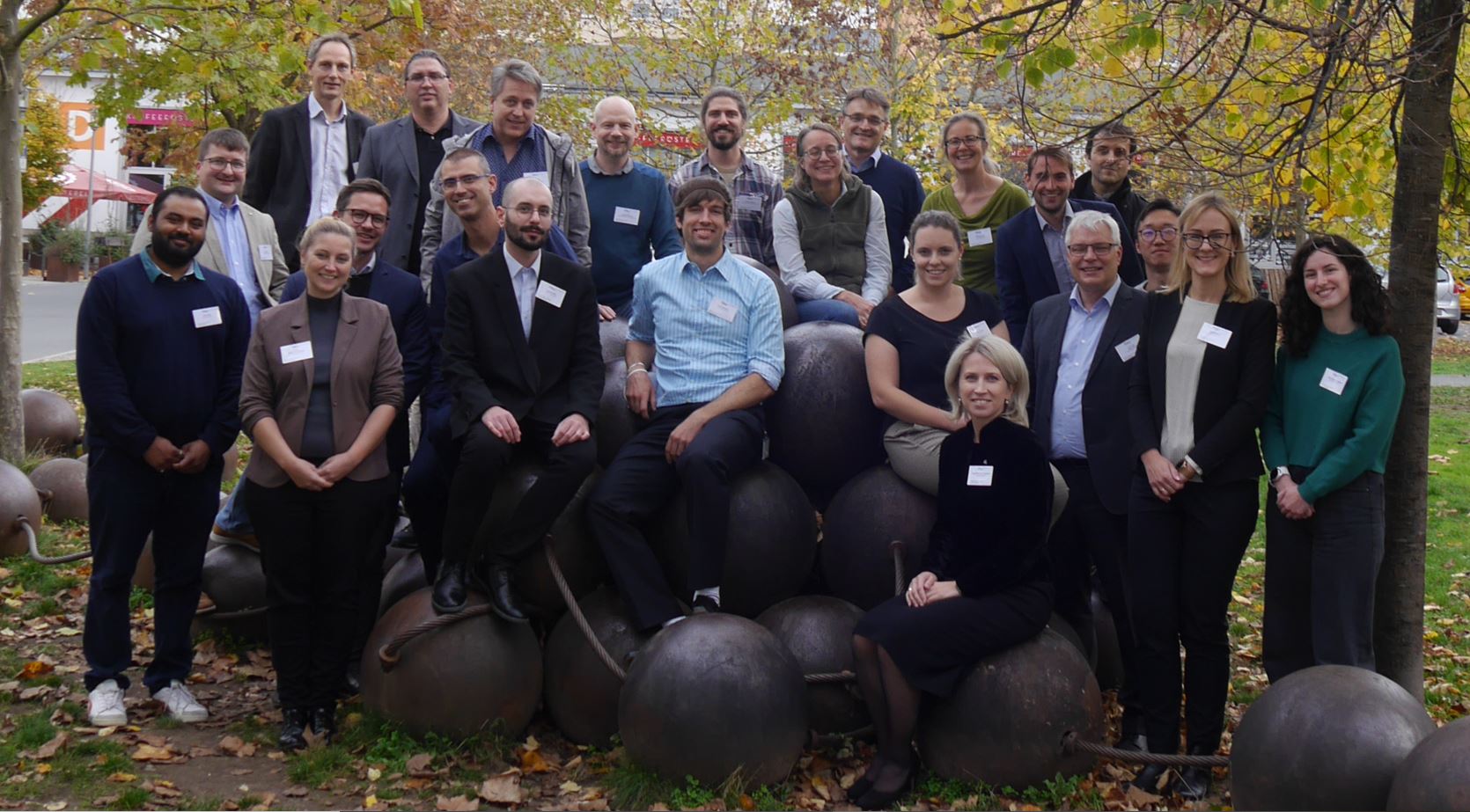


The topics and challenges mentioned above are investigated experimentally as well as simulation-based at EVT. The laboratory facilities (including catalytic and biological methanation, the heat pipe reformer and a SOFC / SOEC test rig) are designed for flexible operation on a scale of a few watts up to 100 kW. The simulation-based work includes not only the calculation of cyclic processes (ASPEN, IPSEpro) but also CFD simulations (Fluent) and agent-based modelling (AnyLogic, Simile).
Prof. Dr.-Ing. Jürgen Karl
Friedrich-Alexander-University Erlangen-Nürnberg
Chair of Energy Process Engineering
Prof. Dr. Katharina Herkendell
Friedrich-Alexander-University Erlangen-Nürnberg
Chair of Energy Process Engineering
Dr.-Ing. Peter Treiber
Friedrich-Alexander-University Erlangen-Nürnberg
Chair of Energy Process Engineering
Jakob Müller, M. Sc.
Friedrich-Alexander-University Erlangen-Nürnberg
Chair of Energy Process Engineering
Simon Markthaler, M. Sc.
Friedrich-Alexander-University Erlangen-Nürnberg
Chair of Energy Process Engineering

Prof. Dr. Sotirios Karellas
National Technical University of Athens
Laboratory of Steam Boilers and Thermal Plants
The applied research methodology consists of experimental work in bench and pilot scale units accompanied by modelling (cold flow models as well as computer aided mathematical modelling) and simulation. A tailored process simulation tool is available for description of high temperature processes involving solids and readily provides information about exergy flows for quantification of resource-efficiency (IPSEpro).
Prof. Dr. Christoph Pfeifer
University of Natural Resources and Life Sciences
Institute of Chemical and Energy Engineering
Prof. Dr. Tobias Pröll
University of Natural Resources and Life Sciences
Institute of Chemical and Energy Engineering

This scalable solution allows for the efficient and unlimited storage of energy for future use, reduces greenhouse gas emissions, and accelerates decarbonization of the gas grid.
As part of the CarbonNeutralLNG project Electrochaea will develop and apply an affordable and robust real time on-site gas monitoring system (the RTIMS). This system will provide important data to the reactors control system, enabling advanced control strategies. The main task of the system is to detect any critical problems and initialize effective counter measures to maximize the process productivity. Additionally, the RTIMS will supply essential data that can help to optimize the design of the reactor and make it more cost-effective.
Dr. Jose Rodrigo Quejigo
Electrochaea GmbH
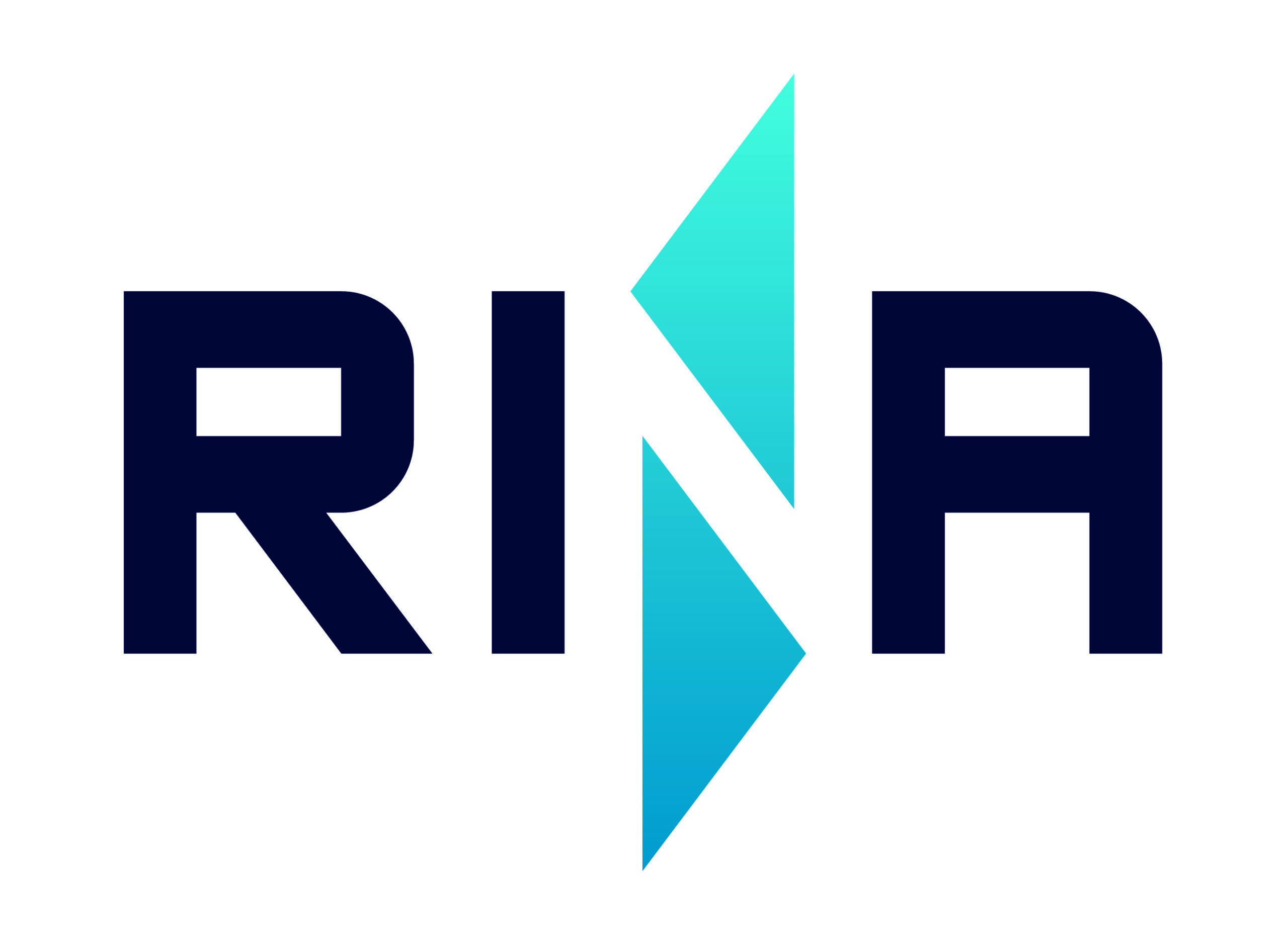
All RINA services are performed at the highest professional level, understanding and complying with Clients’ needs and requirements while taking into due consideration sustainability and health, safety and environmental targets
Gaia Masoero
RINA Consulting S.p.A.
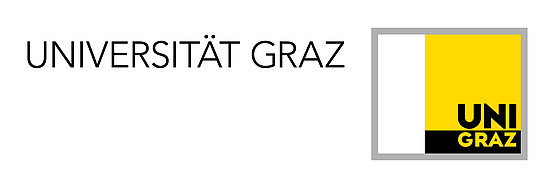
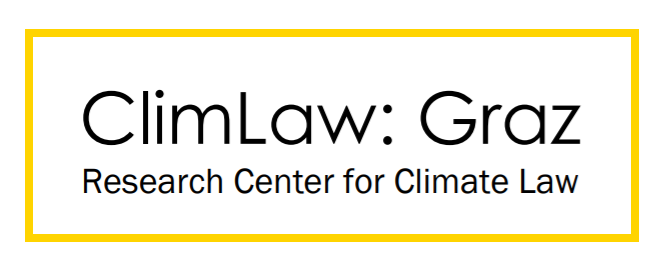
The research of the Institute of Psychology is characterised by the forward-looking combination of empirical-behavioural and neuroscientific methods to provide a deeper understanding of human behavior, motivation and emotions. The field of Social Psychology has a focus on understanding and optimizing environmental behavior by addressing the central components of individual behavior change – motivation, ability, opportunity, as well as positive emotions – and creating and strengthening social norms relating to sustainable behavior.
ClimLaw: Graz is a research center for climate law at the Faculty of Law of the University of Graz. It is part of the interdisciplinary Field of Excellence “Climate Change Graz” of the University of Graz, an association of researchers at Graz University who jointly research and share their knowledge on climate change and sustainability.
The research center’s task is to critically observe and analyse current developments in climate law, from International, Region and National perspectives, and to carry out research projects with a focus on climate and environmental law together with national and international partners from science and practice. Due to its close links with climate science, climate economics, climate ethics, etc. and its intensive cooperation with stakeholders, ClimLaw: Graz is transdisciplinary and acts as a competent partner for scientific reports, expert information and legal advice.
Prof. Dr. Katja Corcoran
University of Graz
Institute for Psychology
Dr. Miriam Hofer
University of Graz
Research Center ClimLaw: Graz
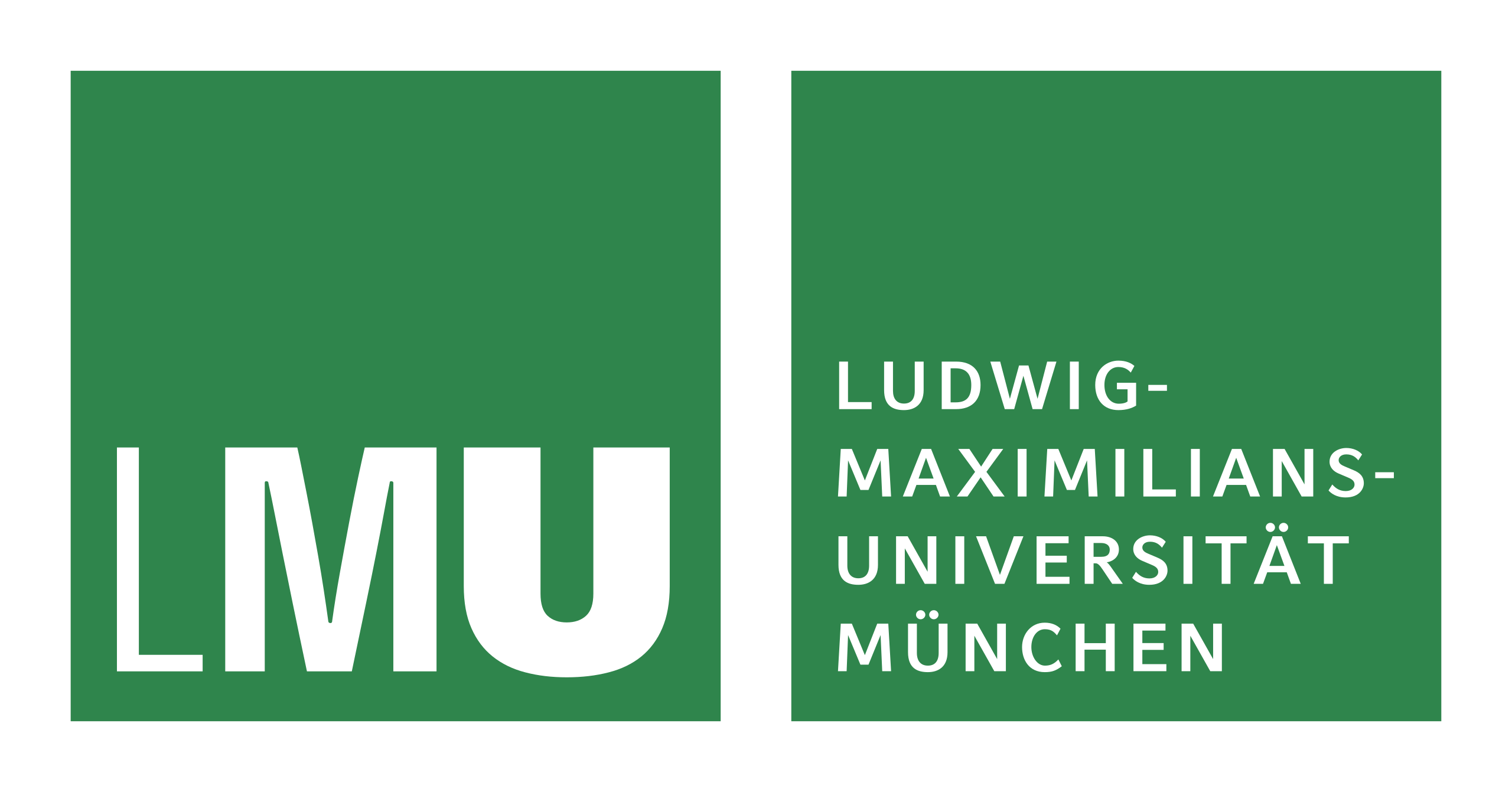
Prof. Dr. Matthias Schubert
Ludwig-Maximilians-Universität München
Applied Physical Geography and Environmental Modeling

The Area Automation and Control focuses on the optimal operation of sustainable biorefinery and renewable energy systems, the optimal interaction of different technologies and systems and the highly automated operation management by new digital services.
In the project, BEST will mainly focus on adequate control strategies and will mainly investigate the dynamic behaviour especially during start-up and shut down and the part load behaviour. BEST will test different advanced Process Control (APC) schemes within the project and finally simulate different transient operation scenarios.
Dr. Markus Gölles
BEST - Bioenergy and Sustainable Technologies GmbH

Thomas Hausmann
Dieffenbacher Energy

Jörgen Held, PhD
Baltic Energy Innovation Centre Ek. för.
KN Energies is the LNG and oil terminals operator, which ensures safe, reliable and efficient access to global energy markets for its customers by sustainable development, investment and operation of multi-functional terminals worldwide. KN is constantly seeking for innovative solutions to improve energy efficiency of the infrastructure and reduce its impact to the environment, as well as to assist our customers on cleaner energy transition.
Since 2014 KN operates the first floating LNG terminal in the Nordic-Baltic region, which contributes as an alternative source of energy supply to the Baltic Sea region. In addition to that, together with partners KN drives local LNG market development as well as contributes to innovation development through the LNG cluster and other initiatives.
Jurgita Šilinskaitė-Venslovienė
KN Energies
Rūta Tumėnienė
KN Energies

